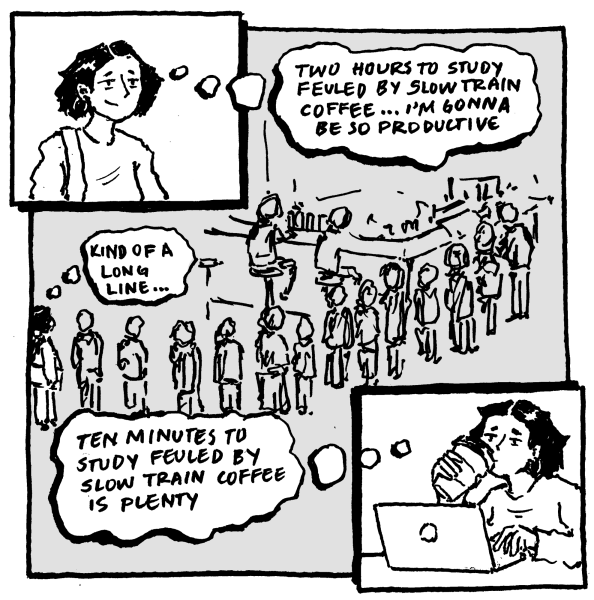DeCafé Anti-Theft Rules Mirror Stop-and-Frisk Policies
In 2013, former United States District Court Judge for the Southern District of New York Shira Scheindlin ruled that New York City’s stop-and-frisk practice was unconstitutional. Specifically, she ruled that it violated the equal protection clause under the Fourteenth Amendment.
What exactly was New York City’s stop-and-frisk? It was a New York Police Department policy that allowed officers to detain, question, and search pedestrians under the auspices of “reasonable suspicion” that the pedestrian was involved or implicated in a crime.
Did it reduce crime? Unlikely. There’s little evidence suggesting that stop-and-frisk policing tactics affect crime rates. While New York City has gotten safer since 2002, there are several existing variables that muddle any argument of stop-and-frisk’s effectiveness. Smarter usage of targeted response data and citywide efforts to remove lead from homes — thereby improving childhood brain development — is much more likely to be responsible for a safer NYC than stop-and-frisk policies.
In short, stop-and-frisk perpetuates systemic racism by affirming the criminalization of Black and brown bodies. Between 2004 and 2012, 54 percent of NYPD stops were executed on Black people, 31.8 percent on Latinx people, and a mere, distressing 10 percent on white people. Every year, no fewer than 80 percent of people stopped were found to be innocent of wrongdoing, New York Mayor Bill de Blasio reported.
Why does any of this matter? Well, for one, injustice anywhere is a threat to justice everywhere. Never forget that. With relevance to our campus, stop-and-frisk policy has made its way to Oberlin College by way of DeCafé. It’s no surprise that people steal from DeCafé; many probably know someone that does so frequently. Ease and opportunity, mixed with entitlement and a profound display of privilege, allows people to disassociate themselves from the very real effects of theft on an operation. This is bad, and I obviously vehemently object to stealing. However, the new anti-theft policy reminiscent of stop-and-frisk in DeCafé is not the solution.
How does this new anti-theft policy work? Students will now be issued a receipt with all purchases from DeCafé. Students will then — allegedly, at random — be required to present their items and receipt to a policy enforcer. Students found with items not on their receipt or lacking a receipt altogether will then be referred to the College for disciplinary action.
This is a terrible move for Oberlin. While it may seem reasonable at first glance, NYC’s experience with stop-and-frisk demonstrates clear faults with such a system. These types of discretionary policies are bound to be plagued by the nature of racism, which criminalizes POC while simultaneously facilitating a culture in which white people are distanced from criminality.
I don’t know whose idea this was, but, in blunt terms, it was a poor one and needs to be reconsidered immediately. One of the most damaging effects of stop-and-frisk in NYC was the fact that it alienated people from law enforcement and forced wedges into communities.
Stealing by some Obies is a really bratty move. The New York Times reports that 70 percent of Oberlin families exist in the top 20 percent, meaning that most Obies can purchase their items without issue. Theft ultimately hurts DeCafé’s bottom line, and the effects of a hurt bottom line are often felt by DeCafé’s staff. For Obies with the means to make purchases from DeCafé, to steal is ultimately harmful to the institution and, as of recently, is beginning to put students of color at risk.
Stop stealing, and stop stop-and-frisk too.




